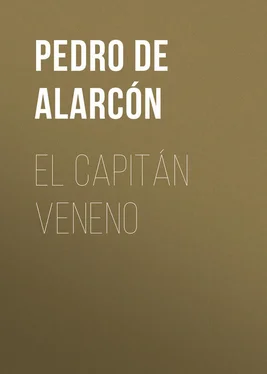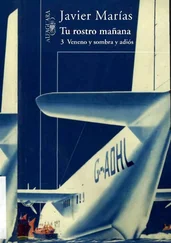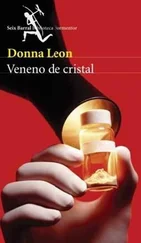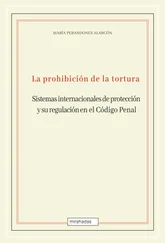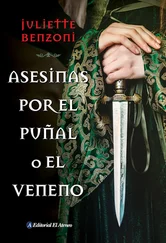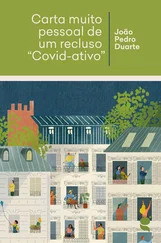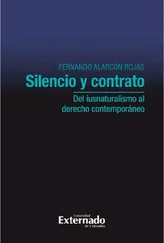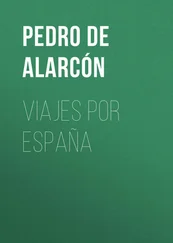Y cuenta que = Tenga usted en cuenta que, And remember or just to think ; in Don Quixote , haz cuenta que. Cf. the fuller form Hágase V. cuenta de que no nos hemos abrazado todavía, Remember we have not embraced each other yet . Escándalo , p. 151.
calaverada: cf. Aquella calaverada propuesta por la serpiente y aceptada por Eva, That prank proposed by the serpent and accepted by Eve .
velis nolis [Latin], whether or no, willy nilly = Spanish quiera o no quiera. Another form is de buen o mal grado, in La Pródiga .
dejarse cuidar… por, let [ some one ] take care of him : seis the object of cuidar, then porfollowing mixes the construction. Cf. English I have heard say by somebody , a mixed construction for I have heard said by somebody , and I have heard somebody say .
so pena, under penalty : so pretexto, and so capa, under pretext ; so, often pronounced jo, gave way to bajo, which is the common word for under . So[Lat. sub ] remains in a few legal or set phrases.
precauciones nasales, nasal precautions : facetious, like the expressions of a baseball reporter with us; it is a style of playfulness common with Alarcón.
algunoafter its word = ninguno.
interrumpió: a marked trait of Jorge.
señores: includes señoras; cf. los reyes católicos de España, the Catholic king and queen of Spain , i.e. Ferdinand and Isabel.
la contraria [razón]: Alarcón uses el contrario, lo contrario, in the same sense.
himno de Riego: not so much that he indorsed Riego, as to be mean and pique the marquis. Alarcón would not have a hero too radical. He tells us Jorge had never been a revolutionist ( lo que nunca ha hecho ha sido pronunciarse). He tells us of himself that he was anti-royalist only a little while: his democratic impulses ( pujos democráticos) were sudden and fleeting ( repentinos y fugaces). See Diario I, p. 11.
a quien nadie mandaba echar su cuarto a espadas, whom nobody told to bet his money on spades , i.e. he had no business to get into the fray : the figure is of betting on cards.
podía haber escarmentado, he might have known better .
perito agrónomo, land expert , surveyor : agrónomois an adjective.
Señoras y señores: addressed to the same ones he called señoresbefore.
partiendo de la base, starting from the basis = taking for granted .
resabios, tricks : note the sense flavor , taste , bad taste , of the stem saber, to taste , smack , flavor , here and in sinsabores, desabrimiento, desabor. Cf. English disgusting [ gust , 'taste'].
ahorrar descontentos y sinsabores, to spare the lady annoyances and offenses .
proveer= resolver, deciding .
gran: apocopated, instead of grandeas usual whether before masculine or feminine noun.
Bilbao: one would think first of the famous Chilean patriot, Francisco Bilbao, after mention of Riego; but as there was no man Maella corresponding, the two names must refer to the towns. Bilbao was besieged several times, and as late as 1874, in the Carlist wars. The Bilbaínosare sturdy and brave, love liberty, and easily join against the government. The battle of Maella was won by General Cabrera in 1830.
en esto, meantime : like en tanto, en cuanto.
a fuer de = al tenor de, as a .
en sendas butacas, in their respective chairs .
generalato: note -atoand -ado, different forms of the same ending.
condado: note -atoand -ado, different forms of the same ending.
a poco, in a little while , as soon as : cf. al ver, when he saw .
hurgó[from furca, fork ; cf. stir , prod ]: preterit of hurgar, confused with urgió, urged , from urgir.
derecho… a tener que comer, the right to have something to eat , i.e. right to live, have a pension .
que le asistía, that was present to her or that she had : cf. para sospechar que le asistían razones para no decirlo, to suspect that he had reasons for not telling . Escándalo , p. 44.
pasta de ángeles, the nature of angels : cf. Soy de la madera de Diógenes, I am of the wood (material) of Diogenes . Escándalo , p. 33.
poco asustadizas, not scary : cf. bold, bad man .
crisma, the [ anointed or sprinkled ] head : familiar even from such a dignified man; el bautismois used in the same sense. Otelo II, 2.
quítame allá esas pajas, take away those straws : a common phrase for bagatelle, a mere nothing . Don Quixote says, Parte I, cap. XXIX: en dácame esas pajas, in a 'give me those straws' = in no time, in the twinkling of an eye .
como no sea, as it be not = if not, unless .
deseare: must be for desearaor desease. All editions have deseare. It is the only instance in Alarcón along with a form in -ría.
Читать дальше
